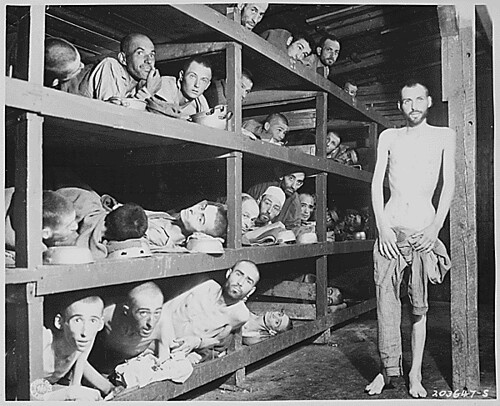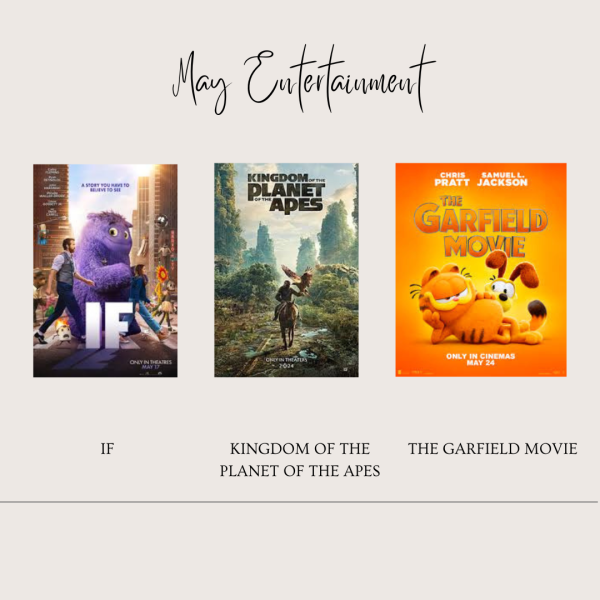Holocaust Remembrance Day- 1/ 27

January 27 is International Holocaust Remembrance Day. This day was chosen as the day of remembrance because on that date, the Auschwitz concentration camp was liberated by the Red Army in 1945. It is a day of remembrance for the killing of 6 million Jews, ⅔ of Europe’s population, and millions of others by the Nazi regime and its collaborators.
On November 1, 2005, The UN general chose January 27 to be the day to remember the victims of the Holocaust. At the beginning of the next year was the first commemoration ceremony at the UN Headquarters in New York City. Approximately 2,200 people attended the ceremony in person. People were able to watch the ceremony all throughout the world because it was broadcasted live on television.
According to the United States Holocaust Memorial Museum, “UN offices across the world and others state offices also conduct their own ceremonies.” the annual commemorations were designated specific themes by the UN since 2010. The Holocaust started in January of 1922 when Adolf Hitler and the Nazi Party came to power in Germany and ended in May of 1945 when the Allied Powers defeated Nazi Germany in World War II. The Holocaust is also called “the Shoah,” the Hebrew word for “catastrophe” (United States Holocaust Memorial Museum).
When the Nazis came to power in Germany, they did not immediately start carrying out mass murders. They would instead use the government to target and exclude Jews from German society. The United States Holocaust Memorial Museum stated, “Among other antisemitic measures, the Nazi German regime enacted discriminatory laws and organized violence targeting Germany’s Jews” (United States Holocaust Memorial Museum).
The Nazis started targeting the Jews because the Nazis were radically antisemitic, which meant they were prejudiced against and hated Jews. The Jews were falsely accused by the Nazis for causing Germany’s social, economic, political, and cultural problems. Antisemitism was not invented by the Nazis. It is an old and widespread prejudice that has taken many forms throughout history.
During the 2010 commemoration, the theme revolved around Holocaust survivors and the lessons they passed on to future generations. In 2011, the idea was the experiences women had. The 2012 theme was about children in the Holocaust and highlighted the effects of mass violence on children. In 2013, it was focused on individuals and groups who risked their lives to save other Jews or those who were close to death during the Holocaust. During the 2014 commemoration, the theme was deportations and liberation. In 2015, the focus was on how the experience of the Holocaust shaped the founding of the UN.
In 2016, the concept was the UN Charter and the Universal Declaration of Human Rights’ connection to the Holocaust. The 2017 idea was “Holocaust education as a platform for building respect for human rights, therefore, increasing tolerance and defending our common humanity.” In 2018, it was “Holocaust Remembrance and Education: Our Shared Responsibility.” The year 2019 inspired young people to “learn from the lessons of the Holocaust, act against discrimination, and defend democratic values in their communities” (United States Holocaust Memorial Museum).
“ In 2020, the theme reflected on the 75th anniversary of the liberation of Auschwitz, the end of World War II, and the founding of the UN,” stated the United States Holocaust Memorial Museum. The focus for 2021’s theme was on recovery and reconstitution. Due to Covid, the commemoration was held virtually for the first time. Them for today is “Memory, Dignity, and Justice” (United States Holocaust Memorial Museum).
United States Holocaust Memorial Museum. (n.d.). United States holocaust memorial museum. Retrieved January 27, 2022, from https://encyclopedia.ushmm.org/content/en/article/international-holocaust-remembrance-day

Hi! My name is Cynthia Wing. I am 15 years old and in 10th grade. This is my first year on the Spud. I am the daughter of Maria and Henry (step-dad)...





